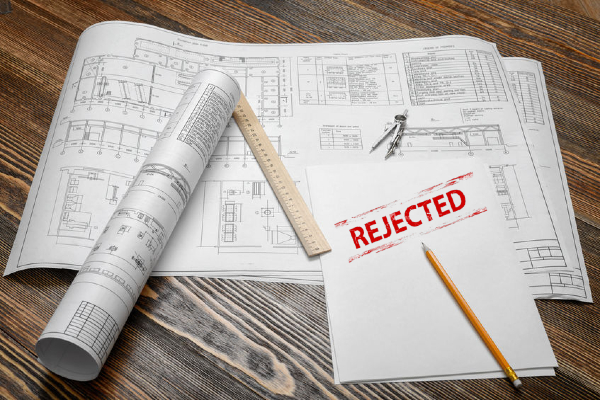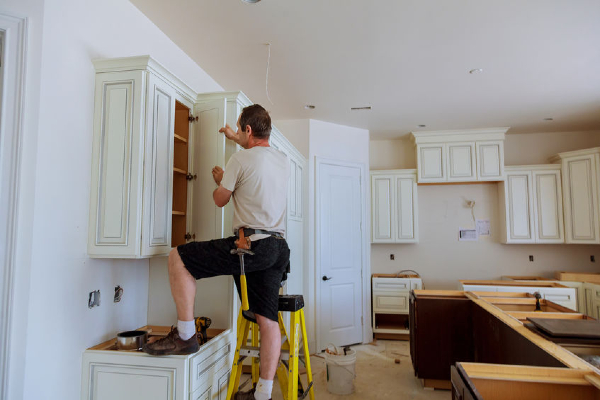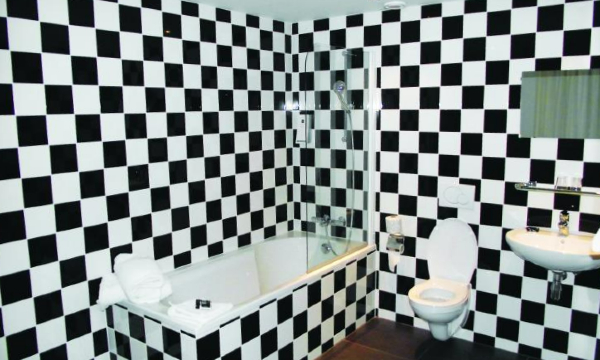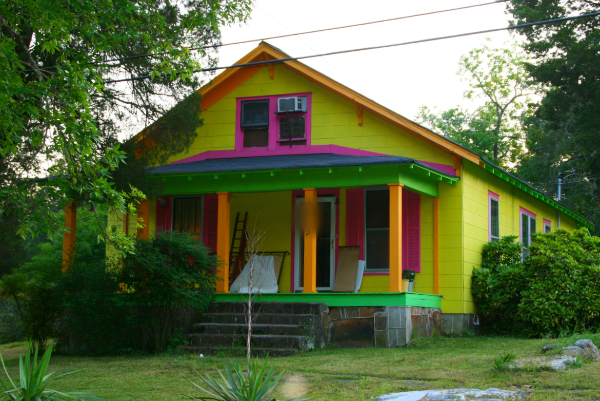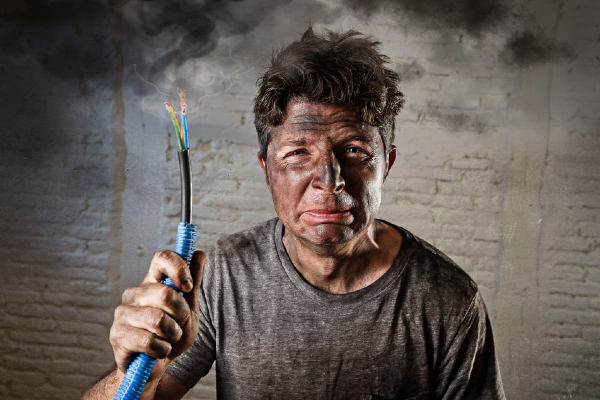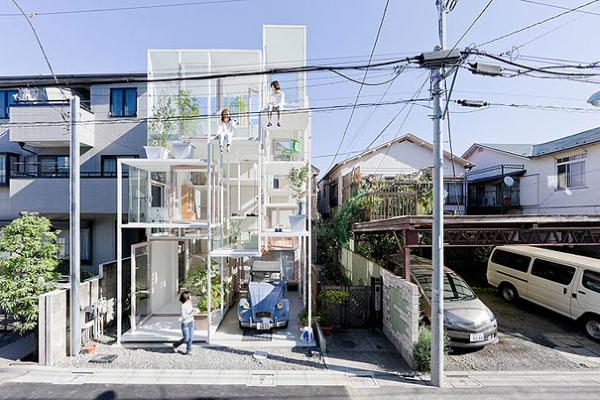Renovating your home to suit your needs might seem reasonable, but did you know that there are ways you can terribly hurt your property value… just with bad renovations?
What might have seemed like a good idea to you, could end up being the reason your home is seen as undesirable to others, and therefore, harder to sell.
While beautifully renovated homes might fetch higher property prices, there are a number of other factors that determine property values.
These include (among others) location, demographics, general economic trends, and the condition of the property market.
With the exception of the condition of the property and any renovations made, the other factors that impact the value of houses are beyond anyone’s control.
Therefore, a surefire way to ensure you do NOT bring your house value down, is to avoid making the following renovation mistakes:
1) Renovating Without Prior Approval
Renovation permits are usually needed, especially if you plan to make massive changes to your home, like a structural change.
This is to ensure structural integrity and proper safety measures are taken during the renovation process, so that the home is safe to live in.
Renovating your home without approval from the relevant authorities makes selling your property that much harder.
You could be faced with a situation where the structure is required to be demolished by the city council and you will need to bear the demolition cost, on top of the cost of the original renovation.
Savvy homebuyers will know they have the right to request for the necessary documents that show you got the necessary approval for renovations.
They wouldn’t want to be held liable for the demolition (or worse, jail time!), and neither would they want to go through the hassle of obtaining permission for YOUR renovations.
Homeowners of high-rise buildings who renovate illegally without first getting approval from the management authority are liable to be fined.
According to the Strata Management Act 2013 (Maintenance and Management Regulations 2015):
The management corporation may by a resolution at a general meeting impose a fine of such amount as shall be determined by the general meeting against any person who is in breach of any of these by-laws or any additional by-laws made under the Act.
2) Excessive Customisation
Turning your home into an expression of yourself by making the unit feel unique to you, is a wonderful way to enjoy the space you’re living in.
Whether you love bright colours in every corner of your home, or want to soundproof a room, you still have to remember that not everyone likes the same things as you.
When it comes to selling your house, excessive customisations like a vintage theme throughout the whole house can contribute psychologically to it being seen as less desirable, therefore driving the value down.
A room that has been soundproofed will also cost time and money transforming it back into a regular room, which might not be something the new owners want to deal with.
3) Overbuilding The Built-Ins
We all have different storage needs depending on our lifestyle, the number of family members living under one roof, and our own personal preferences.
Built-in cabinets in the kitchen or bedroom are very useful, but overbuilding can actually hurt the price of your property, especially if it takes up a lot of wall AND floor space.
Not only does it noticeably reduce the square footage of smaller properties, but removing unnecessary built-in cabinets can be costly, time-consuming, and bad for the environment.
4) Exaggerated Features
A house with a swimming pool, fish pond, and built-in saltwater aquarium might seem like calming features to have in your home.
If your property is located in a fantastic neighbourhood (read: with the ‘atas’ people), your house might even be the talk of the town!
However, on the more realistic side of things, having way too many unnecessary features require regular maintenance and repair, all of which quickly adds up in expenses.
Potential homebuyers might be turned off by the long-term implications, like electricity and water bills, on top of the headache of having to remove the feature if it doesn’t suit their tastes.
5) Ugly Bathroom Tiles
Ever come across tiles that were so ugly, it made everything look cheap and dirty? A dirty house is one way of ensuring the value of the house depreciates, but dirty-looking tiles will ensure you get a reallyyy lousy deal.
Retiling a bathroom is a costly affair and can be even more expensive, depending on how bad the entire space looks like.
Imagine having to spend money and time dealing with contractors to retile the floor and walls of a bathroom you wouldn’t be able to use for at least a few weeks.
6) Decorating Your Home Badly
Imagine walking into a time capsule that transports you right back to the Victorian era. It might seem majestic with golden fittings and velvety furniture… until you realise it simply isn’t a practical look, especially when it comes to selling a house.
There’s no way around it, sadly… choosing really bad and tasteless decoration will really decrease the value of a property!
A house that is decorated badly with confusing design elements and lots of ornaments all over the place can drive prices down, as the home is perceived as looking smaller and messy.
You should instead aim for a clean house that looks inviting and feels comfortable, so that any potential homebuyer won’t have to think of the cost of redecorating it in a more suitable style!
7) Ugly Paint On The Outside
Ever looked at the exterior of a house and wondered how it looked inside? The colour of your home on the outside is what sets the tone for that all-important first impression.
A house that is not painted, or worse, badly painted on the outside can invoke creepy feelings or bad vibes, which is the last thing you’d want for a property you’re trying to sell.
While repainting a house might not be a huge challenge, it could still cost you some prospective buyers who might have otherwise given you a good deal on your property.
8) DIY Renovations Gone Wrong
It might be tempting to try and fix some things yourself, but it is more important to recognise when you don’t have the expertise to fix something, and need to call the pros in to handle the process.
Unless you want an unsatisfactory deal on the price of your home, it’s much better to leave things like the wiring, plumbing, and roof leaks to the experts.
You also wouldn’t want to end up in the hospital because of an avoidable accident, and have to pay for it in more ways than one!
9) Renovating A Monstrosity
Renovating your home to make it stand out from all the others in your neighbourhood might seem like a good way to attract potential buyers, but it CAN backfire, especially if your neighbours complain about it.
Renovating a single-storey terrace house into a three-storey monstrosity could actually affect the property price of your immediate neighbours.
This, in turn, can potentially cause a cascading effect on the surrounding house prices, including your own property.
Besides making you unpopular, it will also be harder to sell your home as the new owners might not want to live in a home surrounded by displeased neighbours.
10) Breaking Down Too Many Walls
While it might make sense to break down a wall to extend the kitchen so you have both a wet and dry kitchen, it might not be such a good idea to do away with a room in exchange for a bigger hall or dining area.
Breaking down a wall for your specific needs like entertaining larger groups or just wanting more space might seem nice, but if you intend to sell your property down the road, consider what potential buyers might prefer.
Trying to rectify a major change like a wall that has already been knocked down, will be very costly and brings your bargaining power down significantly.
Now that you know what types of renovations to avoid (or quickly fix) before selling your house, it might be a good idea to get a friend or family member with a neutral opinion to assess your home and see if it is presentable enough to be shown to prospective buyers.
Relevant Guides:
Disclaimer: The information is provided for general information only. PropertyGuru International (Malaysia) Sdn Bhd makes no representations or warranties in relation to the information, including but not limited to any representation or warranty as to the fitness for any particular purpose of the information to the fullest extent permitted by law. While every effort has been made to ensure that the information provided in this article is accurate, reliable, and complete as of the time of writing, the information provided in this article should not be relied upon to make any financial, investment, real estate or legal decisions. Additionally, the information should not substitute advice from a trained professional who can take into account your personal facts and circumstances, and we accept no liability if you use the information to form decisions.



